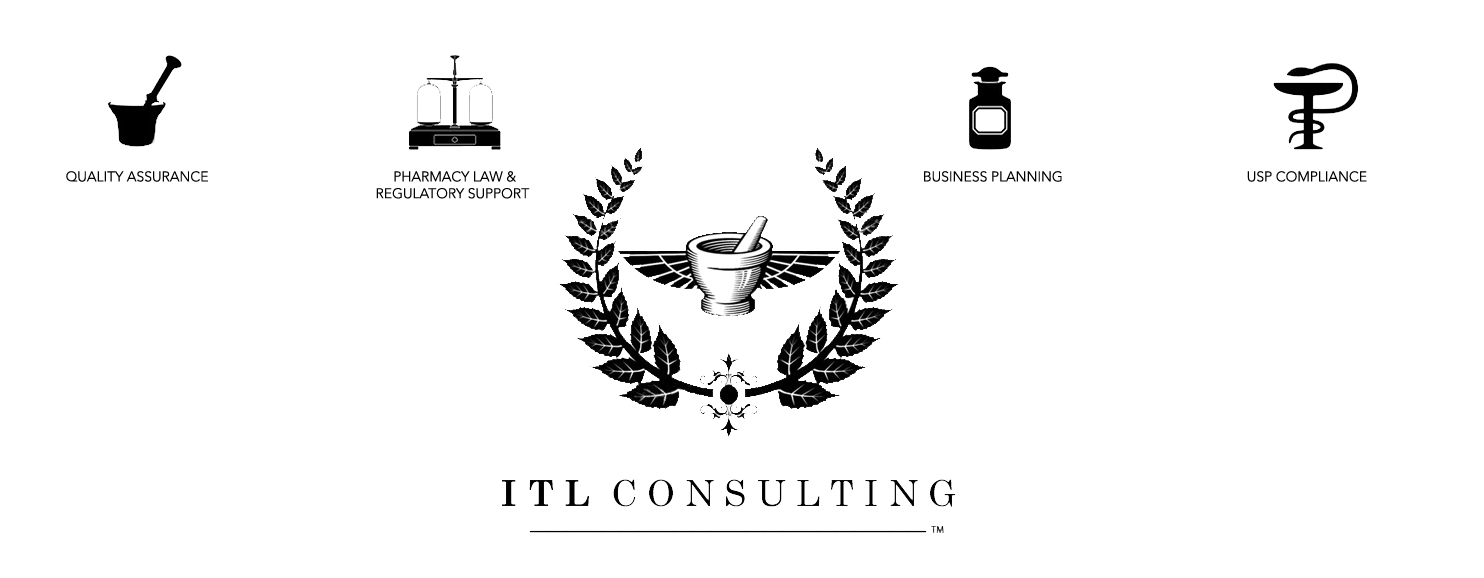Analyzing the language of the Drug Quality and Security Act does not provide a clear definition of a compounding pharmacy. What it does provide is a battery of requirements that pharmacies registering as outsourcing facilities must comply with.
To understand the limitations of a compounding pharmacy we must look at the Food Drug and Cosmetic Act (FDCA). The Drug Quality and Security Act will reaffirm section 503A of the FDCA into law and clearly dictates the stipulations allowing a compounded drug to be exempted from being classified as a new drug. If these prerequisites are not met as defined in section 503A, then the FDA views the drug as a new drug which is subject to the FDA drug approval process prior to entering the market.
Unfortunately, the best chance of understanding what defines a compounding pharmacy is found in the following.
The language of section 503A states:
Sections (pertaining to new drugs) of this title shall not apply to a drug product if the drug product is compounded for an identified individual patient based on the unsolicited receipt of a valid prescription order or a notation, approved by the prescribing practitioner, on the prescription order that a compounded product is necessary for the identified patient, if the drug product meets the requirements of this section, and if the compounding—
(1) is by—
(A) a licensed pharmacist in a State licensed pharmacy or a Federal facility, or
(B) a licensed physician, on the prescription order for such individual patient made by a licensed physician or other licensed practitioner authorized by State law to prescribe drugs; or
(2)(A) is by a licensed pharmacist or licensed physician in limited quantities before the receipt of a valid prescription order for such individual patient; and
(B) is based on a history of the licensed pharmacist or licensed physician receiving valid prescription orders for the compounding of the drug product, which orders have been generated solely within an established relationship
between—
(i) the licensed pharmacist or licensed physician;
and
(ii)(I) such individual patient for whom the prescription order will be provided; or
(II) the physician or other licensed practitioner who will write such prescription
order.
In addition to reestablishing this language, HR 3204 also states that the HHS Secretary will require state boards of pharmacy to prepare submissions:
- describing actions taken against compounding pharmacies
- expressing concerns that a compounding pharmacy may be acting contrary to section 503A of the Federal Food, Drug, and Cosmetic Act
And finally,
The Secretary shall immediately notify State boards of pharmacy when—
- the Secretary makes a determination that a pharmacy is acting contrary to section 503A of the Federal Food, Drug, and Cosmetic Act.
In summation, we know that the FDA has already openly stated that office use compounding is not expressly permitted under section 503A, and seen them forcefully oppose a bill that permitted office use and anticipatory compounding (HR 3089) with limitations. Given their position, it can be expected that the strict interpretation of this language will be the defining factor between compounding pharmacies and outsourcing facilities. The interpretation of the law pertaining to the former however will remain the discretion of the FDA as the state boards of pharmacy also look to them for guidance on this language to better fulfill their own reporting obligations.
